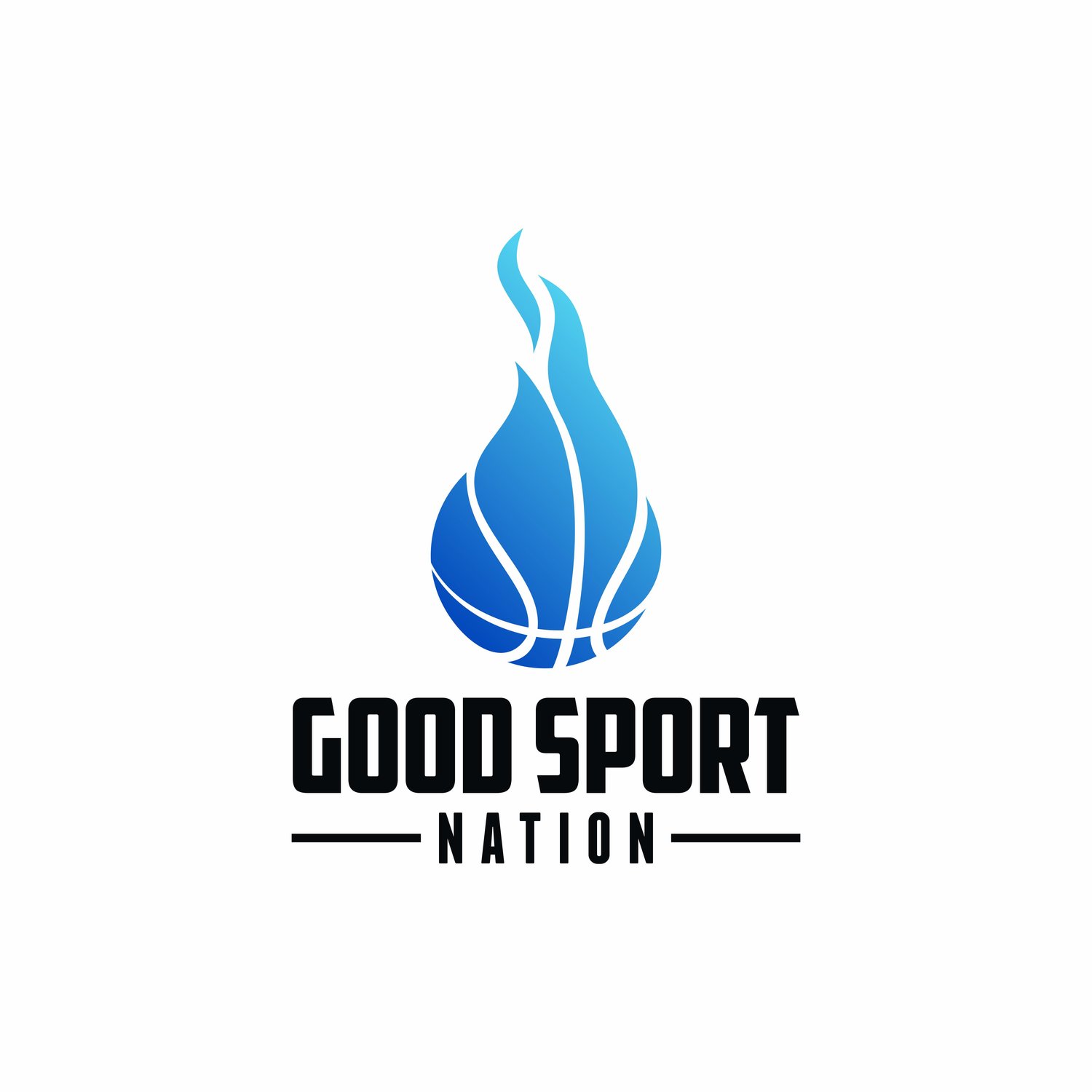Mentors help you to become your best self. They can share new paths and ideas, inspire confidence, and share their experience so you can get the most out of yours.
The idea of mentorship is at the center of Good Sport Nation. Peer Coaches act as mentors in many ways to Special Needs Athletes. The Special Needs Athletes are also mentors to eachother and their Peer Coaches. We say “Everyone Plays” but it’s also true that “Everyone learns.”
I have several mentors and I’m grateful to each one for being generous and thoughtful.
I’ve had opportunities to become a mentor several times and I really enjoy it. One that comes to mind is at my camp, Mah-Kee-Nac, where I participated in a program called “Mini Camp.” At Mini Comp, I and a few other peers were the counselors for new campers who were under the age of nine, meaning they needed extra care and attention.
Taking care of these kids every hour of the day not only taught me patience but helped me to become a better leader. I had to be a good mentor for each of them at all time, and also lead and teach them how to be not only good campers but to be respectful and considerate. It’s a different type of training and practice.
I incorporated some of the Mini Camp approaches into the way we conduct Training and Good Sport Nation. It’s theory and training, followed by lots of practice. This makes our Peer Coaching better.
We are planning to expand our Peer Coaching to at risk coaches who will act as mentors. We have a lot to learn and teach eachother, and a lot to be thankful for on the way to becoming better leaders, teammates and mentors.






